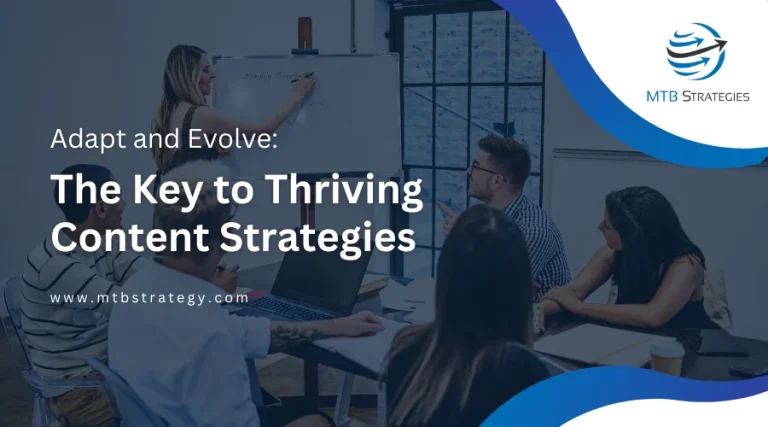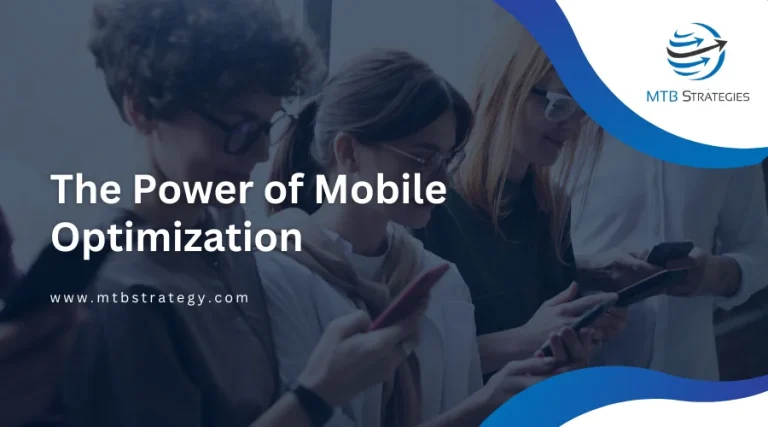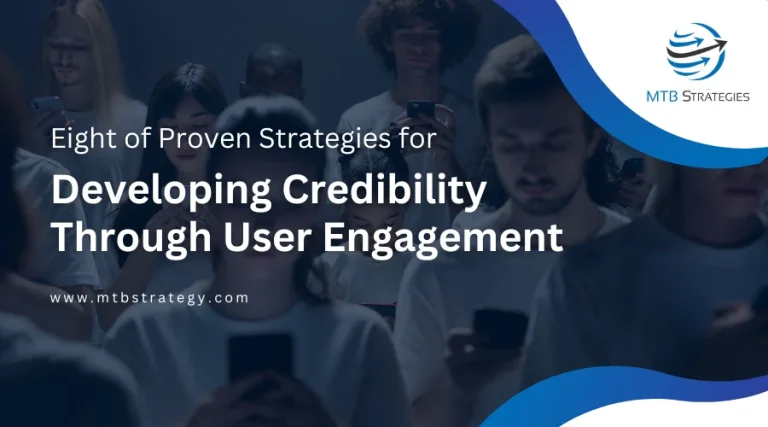In today’s digital landscape, where communication channels are evolving rapidly, email marketing remains a stalwart strategy for businesses to connect with their audience. Understanding the basics of email marketing is essential for anyone looking to leverage this powerful tool to reach and engage their target audience effectively.
What is Email Marketing?
Email marketing is a digital marketing strategy that involves sending emails to a targeted group of recipients with the goal of promoting products, services, or fostering relationships. It serves various purposes, including customer acquisition, retention, and brand awareness. Email marketing can take the form of newsletters, promotional campaigns, transactional emails, and more.
Importance of Email Marketing in the Digital Age
In the fast-paced world of digital marketing, email continues to be a cornerstone for businesses. Here are some reasons why email marketing remains indispensable in the digital age:
- Direct and Personalized Communication: Email allows businesses to communicate directly with their audience in a personalized manner. Tailoring messages to specific segments of your audience can lead to higher engagement and conversion rates.
- Cost-Effective: Compared to traditional marketing channels, email marketing is cost-effective. It eliminates printing and postage costs, making it an attractive option for businesses of all sizes.
- Measurable Results: Email marketing platforms provide robust analytics, allowing businesses to track the performance of their campaigns. Metrics such as open rates, click-through rates, and conversion rates offer valuable insights to refine and optimize future campaigns.
- Automation and Efficiency: Automation tools enable businesses to set up targeted email campaigns based on user behavior, saving time and ensuring that the right message reaches the right audience at the right time.
- Global Reach: With the click of a button, businesses can reach a global audience. Email marketing breaks down geographical barriers, enabling businesses to connect with customers worldwide.
Key Components of an Email Marketing Campaign
To run a successful email marketing campaign, it’s crucial to understand the key components that contribute to its effectiveness:
- Subscriber List: Building and maintaining a quality subscriber list is foundational to email marketing success. Ensure that your subscribers have opted in to receive communications, and regularly clean your list to remove inactive or disengaged contacts.
- Compelling Content: Craft engaging and relevant content that resonates with your audience. Whether it’s informative newsletters, exclusive promotions, or personalized recommendations, compelling content is the heart of any successful email campaign.
- Attractive Design: The visual appeal of your emails matters. Use a clean and professional design that aligns with your brand identity. Responsive design is crucial to ensure your emails look great on various devices.
- Clear Call-to-Action (CTA): Every email should have a clear and compelling CTA that guides recipients on the desired action. Whether it’s making a purchase, signing up for an event, or downloading a resource, a well-defined CTA is essential.
- Analytics and Testing: Leverage analytics tools to measure the performance of your campaigns. A/B testing can help you optimize various elements, such as subject lines, content, and CTAs, to enhance overall effectiveness.
In conclusion, email marketing remains an integral part of a comprehensive digital marketing strategy. Understanding its basics, recognizing its importance, and mastering the key components of an email marketing campaign can unlock its potential to drive engagement, build relationships, and contribute to the overall success of your business in the digital age.
For more information on how to grow your email marketing strategies, contact MTB Strategies today!
Also Read This Article Emails That Work: Affordable Channels for Building Meaningful Relationships






